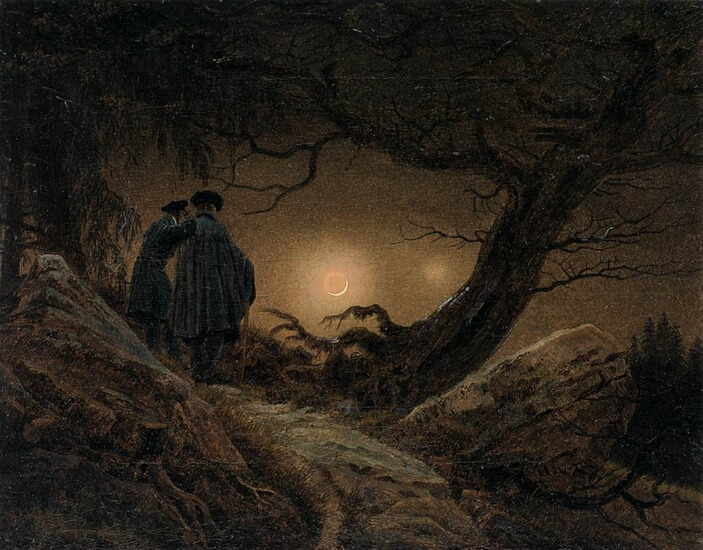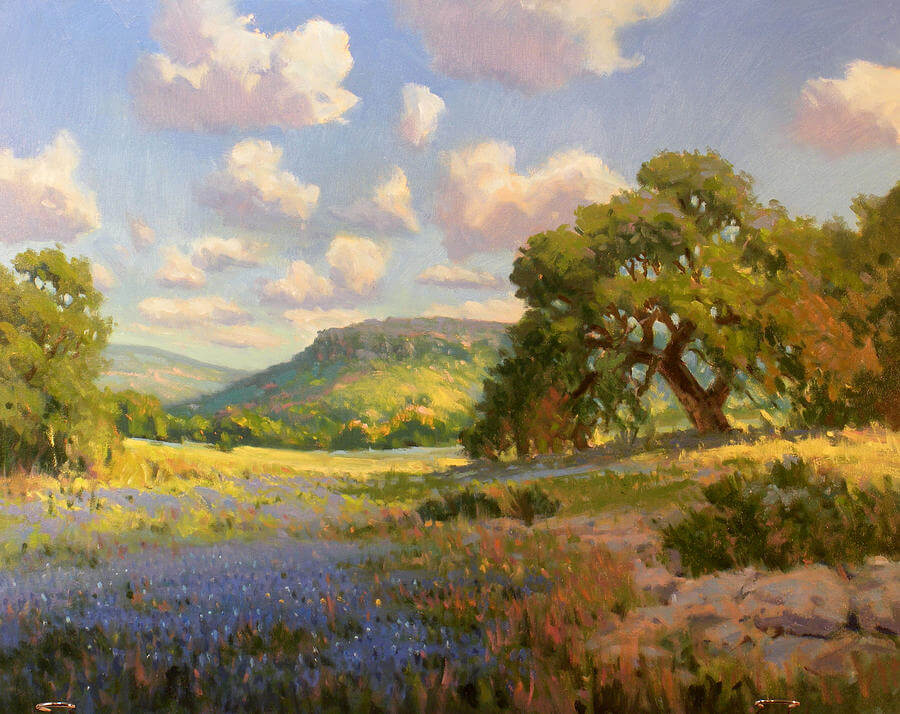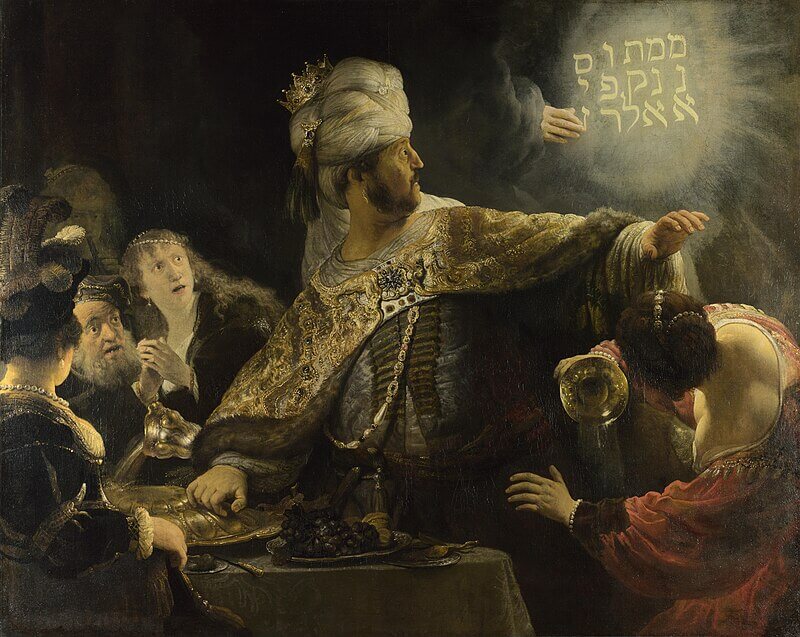The Watcher in the Dark

1
How long, I wonder, will this dull light
Last? Every shadow extends, approaches,
The sparrows take one brief flight –
Then another – and drop to earth
Just ahead of the creeping dark. It will
Swallow them whole as it does the grass,
Leaves, the trees themselves, all
That I see, leaving nothing of this,
No trace of these. I too will disappear.
2
Still, this is not yet. And I am used to
The continual travel between light
And light, the journeying through
Given, found, invisibilities, from activity
In the world to that in thought, in sleep:
From supposed belonging one moment,
To dislocation in the next, I live in flashes
Of stability – see that bird, another,
Land – in anticipation of coming finality.
3
And tomorrow morning it’ll start again:
The birdsong – multifarious, bright,
Insistent, repetitive – then the grey
Emerging daylight, bringing the revelation
Of renewal, of the perceived, in physicality –
The assembly, as it is, of fact – a world
In which the trees that harbour
New noise assume their given shapes
And resume the daylong work of greening.
4
And what of my role in the general
Compulsion? What indeed? I’m used
To adding some part of myself, to accepting
The partial enclosure of presence:
Mornings picking up the known
Clothing of the mind – folded aside,
Piled, dropped – the loose habits
Of awareness, engagement – and dressing
For the business of the day in these.
5
The business of the day: which is both
Involvement – yet half-in, half-out of,
This outer world, an absorption
In its sunlight, as a thing among things,
Where all things are for their working,
Are exact in material practicality – and
Withdrawal, a fading into the uncertainties
Of otherness, eyes open, the mind –
If conscious – conscious most of separation.
6
So the days too – so ordinarily disjointed –
Might just as well be slumbered. And
When at moments the mind frees
Itself from daily looking – sees some place
Else, of perfect beauty, stillness – gaining
Perception, sense, almost of eternity – and
Is satisfied with this escape – it is
To abandon daylight for daydream,
As good as rolling over, seeking sleep.
7
What failure, to dress again in this garb
Of fictions, fantasies: I would do better
To go naked, to stand in the world
And hurl this truth into the air – that
There is nothing given me that is not
Chosen – and hear the words, loud
In all their human noise, merge
With that of the recurrent birds, and find
In this discordant combination mutuality.
8
And this would be to embrace another
Role in nature: bringing human voice,
Agency, wholly into the massed chorus
Of colour, growth, the stirrings of boughs
In air, of all else that is and perishes,
And assert the abilities of mind
In being what the whole cacophony
Requires – an active partner
In the business of mutual dependency.
9
Is this what it would mean to be wakeful?
To apply mind to this factory of earth
And find worth in joining in its makings?
Surely there is more – more to
Waking life than this – for I can
Rise – as these birds, their trees, cannot –
Rise within nature – theirs and
Mine – and rise as only what’s human
Can – rise, in being, under another sun.
10
The same chance or destiny of energy
That lit the first drifts of dust
To fall – like these caught buoyant
In this last sideways light – this
Beats in me, has given me motive,
Force, to rise – rise above every other
Artefact of earth and light, and –
In some zenith – bring all now in shadow
Into the clarity of choice and care.
11
This is then another morning – wished,
Envisaged, needed – in which
What’s human and out-there together
Wake, in which the granted force of mind
Joins in the work of creation – here in this
Small, hidden garden – and adds
Its own capabilities for growth and
Flight, beneath a high sustaining
Light within the watcher in the dark.




